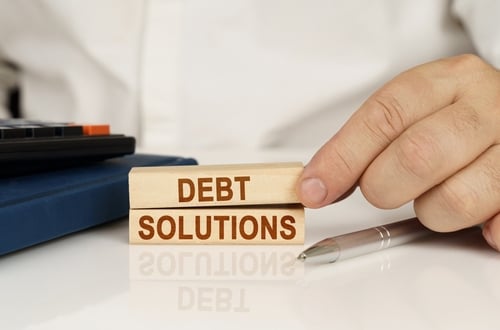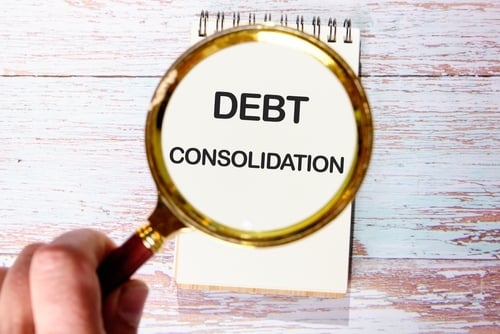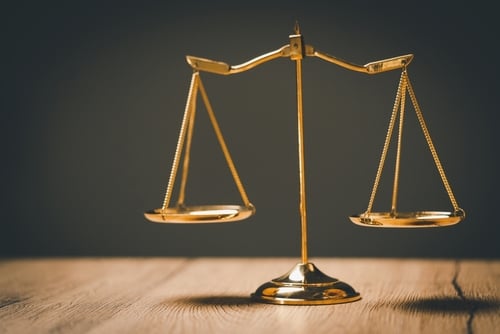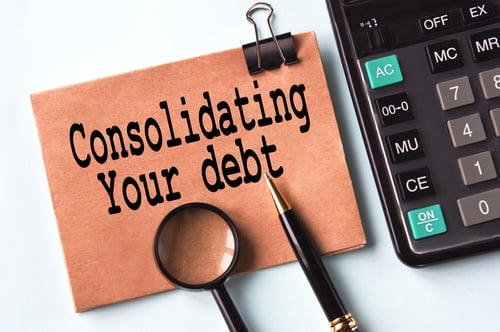What To Do If There is an Error on Your Credit Card Statement
Let’s face it – nobody really looks forward to receiving their monthly credit card statement – especially when there’s a bill involved. When that credit card statement includes an unauthorized charge or a charge of an incorrect amount, that can make things a bit worse.
Like it or not, errors do show up on credit card statements from time to time, and for this reason alone, it makes sense to keep a watchful eye out for your credit card statements each month.
Even better, it makes sense to monitor your credit card charges online as you incur them throughout a given month. So – what happens if you find an error on your credit card statement? Let’s take a closer look.
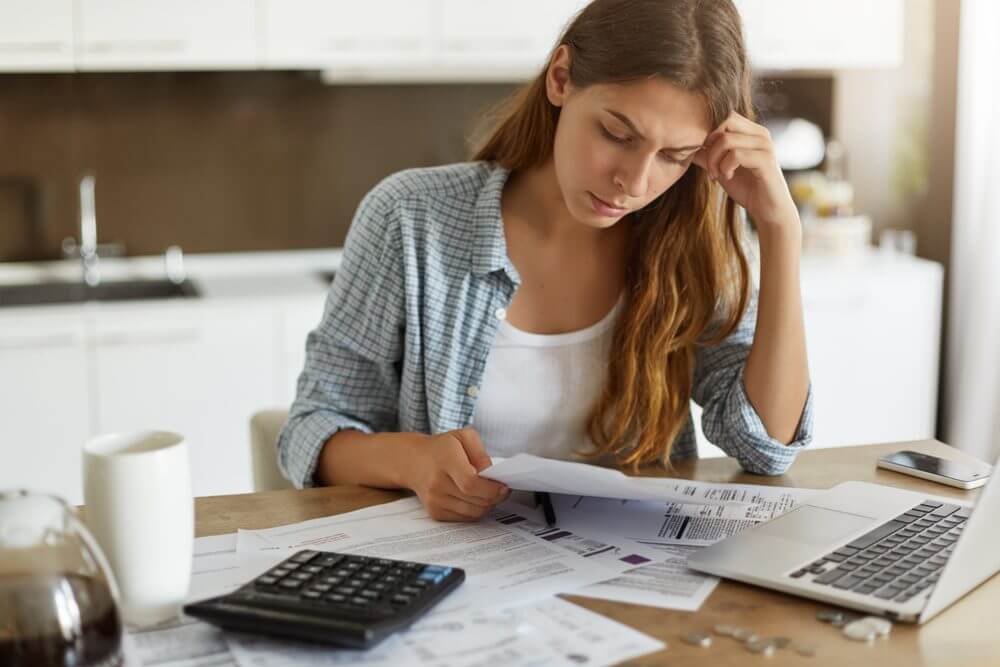
Unauthorized Credit Card Charges
If you discover an unauthorized charge on your credit card statement, there are two important things to do. First of all – keep calm – since even though unauthorized charges can happen to anyone, they’re relatively easy to resolve if you act promptly after discovering the unauthorized charge.
If you’re monitoring your credit card transactions and notice an unauthorized charge, it could have resulted from your card having been stolen or compromised when someone gets hold of your credit card number and security code.
Regardless, according to the Fair Credit Billing Act, you must report any unauthorized charges to your credit card issuer within sixty days of the statement date that includes the error – regardless of the amount. In fact, credit card thieves will often begin with a charge for as low as one dollar to test the waters, Once a thief determines that an account is active, a much larger charge may soon follow.
Therefore, it is important to monitor your transactions and contact your credit card issuer about even the smallest of unauthorized charges.
ABC
Contact Your Credit Card Issuer
Call your credit card issuer using the phone number included with your monthly statement or as it appears on the back of your credit card. When attempting to notify your card issuer of an unauthorized charge, never give out any personal information such as your social security number, credit card number or security code to anyone who may not be affiliated with the credit card company.
After you report the unauthorized charge, your credit card company will cancel your account and send you a new card with a new account number. You can also follow up your phone call with a dispute letter to your credit card company, just to be on the safe side and to protect your rights.
In general, you can expect that you will not be held responsible for an unauthorized charge when you act promptly. The Fair Credit Billing Act protects cardholders from liability when unauthorized charges occur despite a credit card being in the cardholder’s possession.
This applies to charges when a thief somehow gets hold of your credit card information and uses it fraudulently.
Meantime, many credit card issuers have a zero liability policy when a cardholder reports an unauthorized charge within sixty days of the statement date – so it is in your best interests to act quickly. You will not be held responsible for the unauthorized charge or any associated interest expense.
My Credit Card Charge is in the Wrong Amount
In addition to unauthorized charges, another type of error found on a credit card statement can involve a charge of an inaccurate amount. It’s always a good idea to hold on to your receipts following a visit to a bar or restaurant for this very reason.
Keep your copy and make certain to account for the gratuity before concluding that you have been charged the wrong amount. However, if you have been inaccurately charged, contact the merchant first.
Businesses are often willing to work directly with consumers over pricing disputes because they know that when a consumer goes to the card issuer, an expensive chargeback may result that carries fees and can damage their standing with the issuing bank.
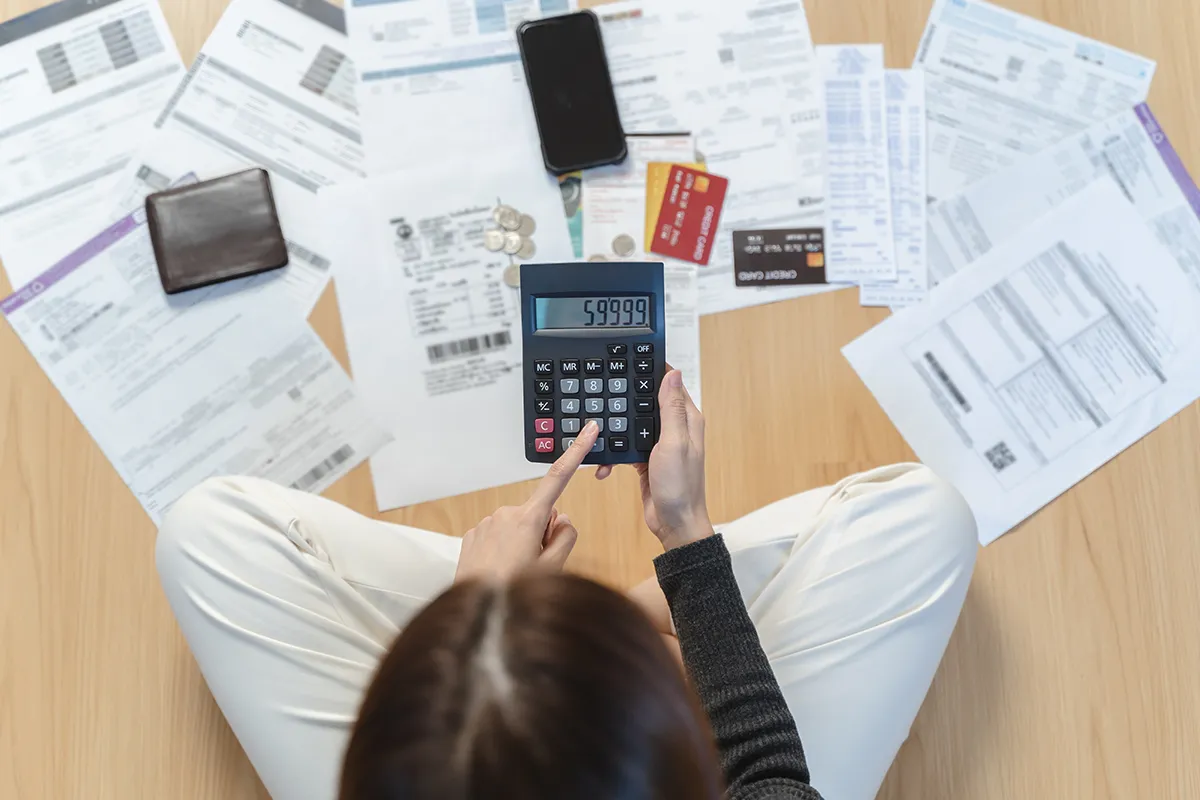
Simply bring a copy of your receipt and try to work things out with the merchant, and this is often the simplest and fastest way to recoup any money that you may be owed.
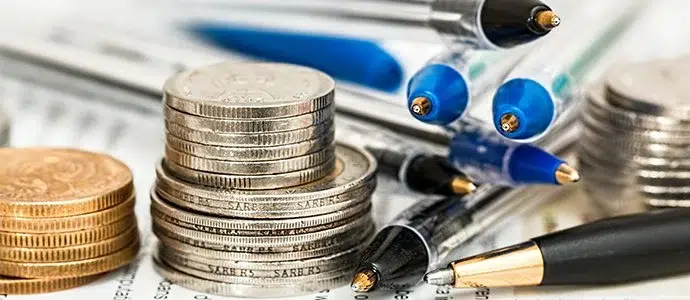
Disputing an Inaccurate Charge with the Credit Card Issuer
If you do choose to go straight to the credit card issuer (of if things don’t work out when attempting to resolve the issue with the merchant), remember to do so within sixty days of the inaccurate charge taking place.
After you dispute the charge, the credit card issuer will conduct an investigation during which you will not be required to pay the disputed charge. The credit card issuer will contact the business and ask for documentation related to the transaction to determine whether the amount charged was incorrect and if the transaction should be reversed or modified.
If the credit card company does not alter the charge, you will be held responsible for it, along with the associated interest expense. As a last resort, you can file a complaint with the Consumer Financial Protection Bureau who can conduct an investigation of their own.
Get Debt Relief
Speak with licensed debt specialists dedicated to guiding you toward financial stability every step of the way.

Ready To Get Started?
See if you qualify for debt relief. Get a Free savings estimate to see how quickly you can be debt free.
Embrace financial freedom with our tailored solutions, expert guidance, and unwavering commitment to your success.
Experienced Professionals
Our experienced team has helped thousands of clients successfully eliminate debt and regain financial freedom.
Customized Solutions
We know every financial situation is different, so we design personalized debt relief plans to fit your specific needs and goals.
High Success Rate
Our proven debt relief strategies deliver real results. With a strong track record of success, we help clients achieve lasting financial stability.
Confidential Consultation
Your privacy is our priority. All debt relief consultations are 100% confidential and handled with the highest level of discretion.
Explore other blogs
